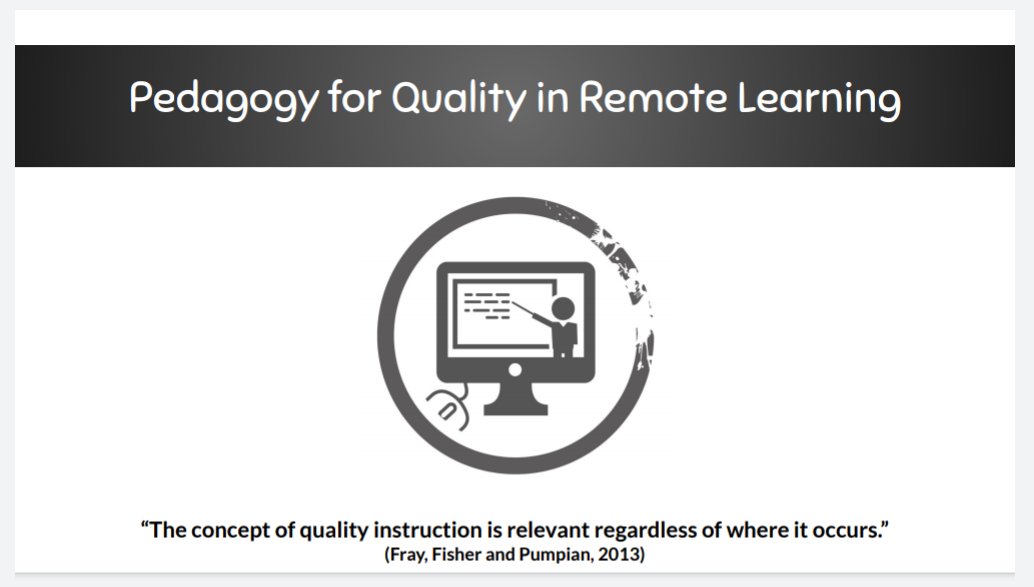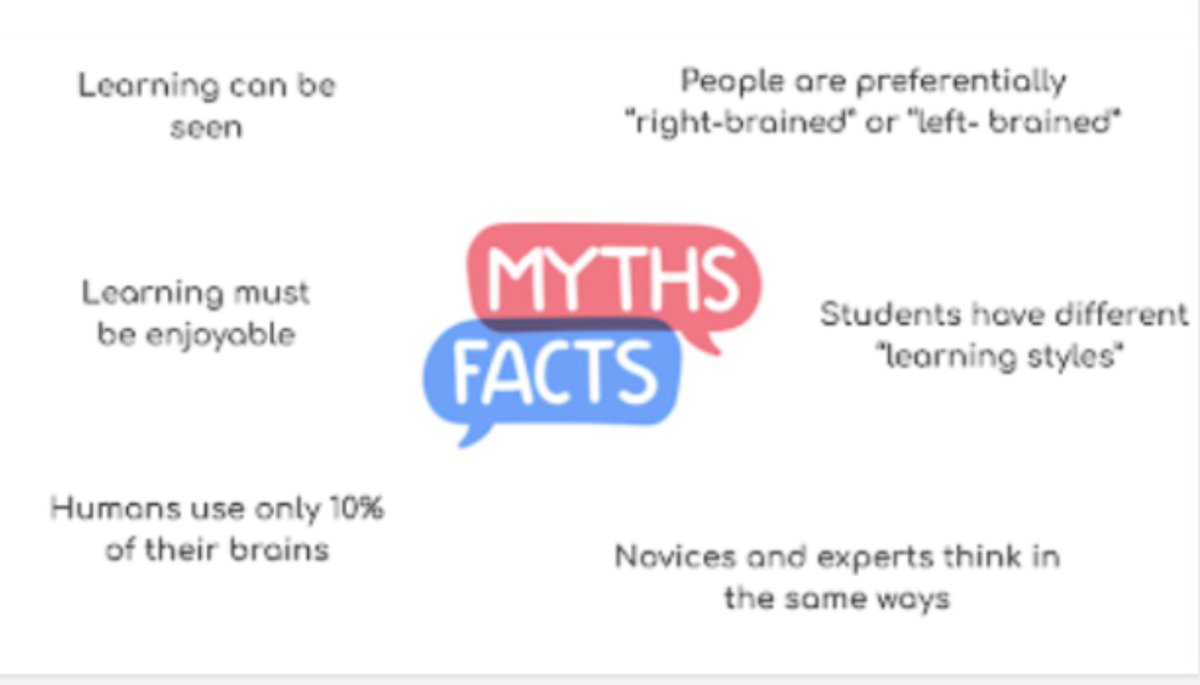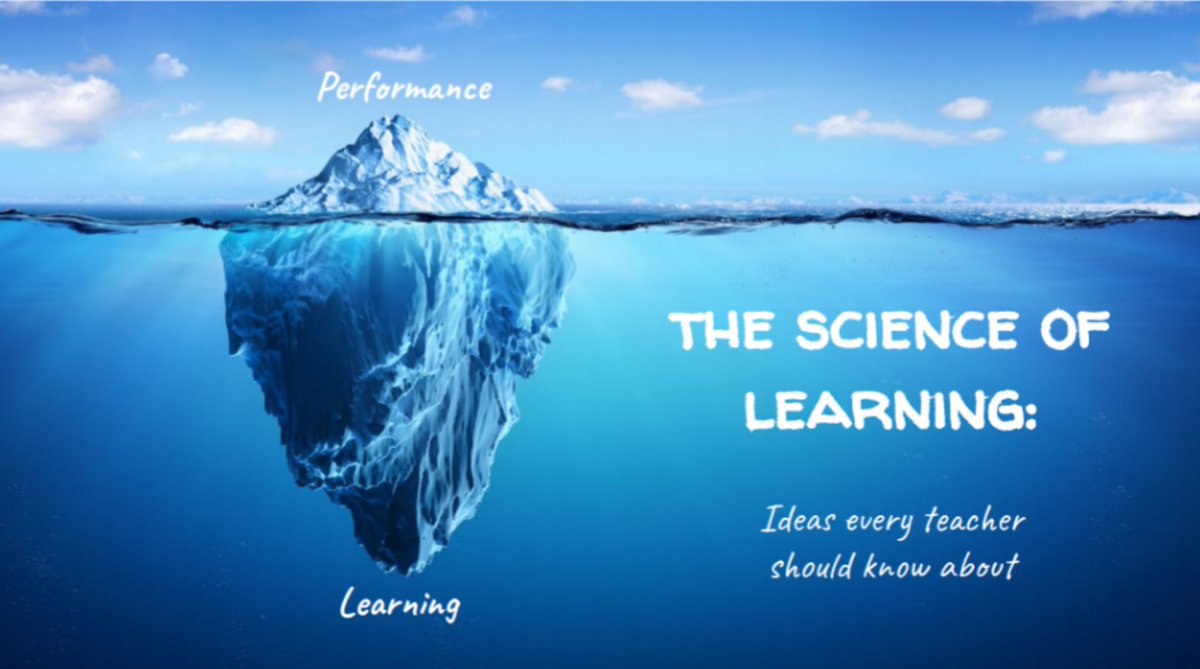
T H R E A D:
Reading @HuntingEnglish's post on KOs got me thinking about *Vocabulary Word Lists*.
I see lots of people sharing, with good intentions, lists of words relating to topics. Reflecting on evidence pertaining to #ExplicitVocabularyInstruction, here are some thoughts.
Reading @HuntingEnglish's post on KOs got me thinking about *Vocabulary Word Lists*.
I see lots of people sharing, with good intentions, lists of words relating to topics. Reflecting on evidence pertaining to #ExplicitVocabularyInstruction, here are some thoughts.
1. Creating a word list to give to students is, in itself, ineffective - especially if the words will not be encountered in the text being studied. Also, giving students a word list prior to the explicit teaching of vocabulary is likely to cause extraneous cognitive load.
2. Selection. The process of determining key vocabulary is beneficial for teachers re: planning and instructional design. Goldstein et al. (2017) stress that “precise meanings of academic words vary based on context" so disciplinary knowledge is essential when sharing meanings.
3. So, after careful selection, take the time to come up with a student friendly definition for each word and provide multiple examples. The authors of 'Bringing Words to Life' caution against using dictionary definitions alone as they can be tricky for students to decipher.
4. Introduce each word systematically and explicitly.
Adopt Quigley's 'Select, Explain, Explore, Consolidate' model. Ample resources available here: theconfidentteacher.com/category/closi…
Introduce words as and when they can be immediately explored and applied within context.
Adopt Quigley's 'Select, Explain, Explore, Consolidate' model. Ample resources available here: theconfidentteacher.com/category/closi…
Introduce words as and when they can be immediately explored and applied within context.
5. Hear them loud and clear. Get students using the word verbally immediately. First of all, get them repeating the word after you. You want students to feel comfortable with how the word feels and sounds when spoken. During questioning, direct students to utilise target vocab.
6. Dual Coding. I see so many examples of beautifully curated word lists with accompanying icons decided upon by the teacher BUT it's important to consider how this benefits students' thinking and learning. If you're unsure, read this by @adamboxer1:
achemicalorthodoxy.wordpress.com/2020/04/26/dua…
achemicalorthodoxy.wordpress.com/2020/04/26/dua…
7. So, in short, Dual Coding is something students - not teachers - do. Let them determine the visualisation. After all, it is the process of drawing the image that might be helpful in strengthening the future retrieval of the word. More info. here: olicav.com
8. Lastly: retrieve, retrieve, retrieve.
Vocabulary knowledge needs to be transferred to long-term memory. Extant literature highlights the importance of *multiple exposure*. Revisit previously introduced words - through discussion, application or low-stakes quizzes - often.
Vocabulary knowledge needs to be transferred to long-term memory. Extant literature highlights the importance of *multiple exposure*. Revisit previously introduced words - through discussion, application or low-stakes quizzes - often.
9. Ultimately, greater vocabulary gains are typically observed when explicit vocabulary instruction is provided (McQuillan, 2018) so it's important to move beyond word lists. Word lists - word selection, therefore - is merely your starting point.
10. Thank you predominantly to @margaretmckeow2 and team, and @HuntingEnglish for shaping my understanding in recent years.
End.
End.
May be of interest @EnglishWales @Team_English1
• • •
Missing some Tweet in this thread? You can try to
force a refresh






